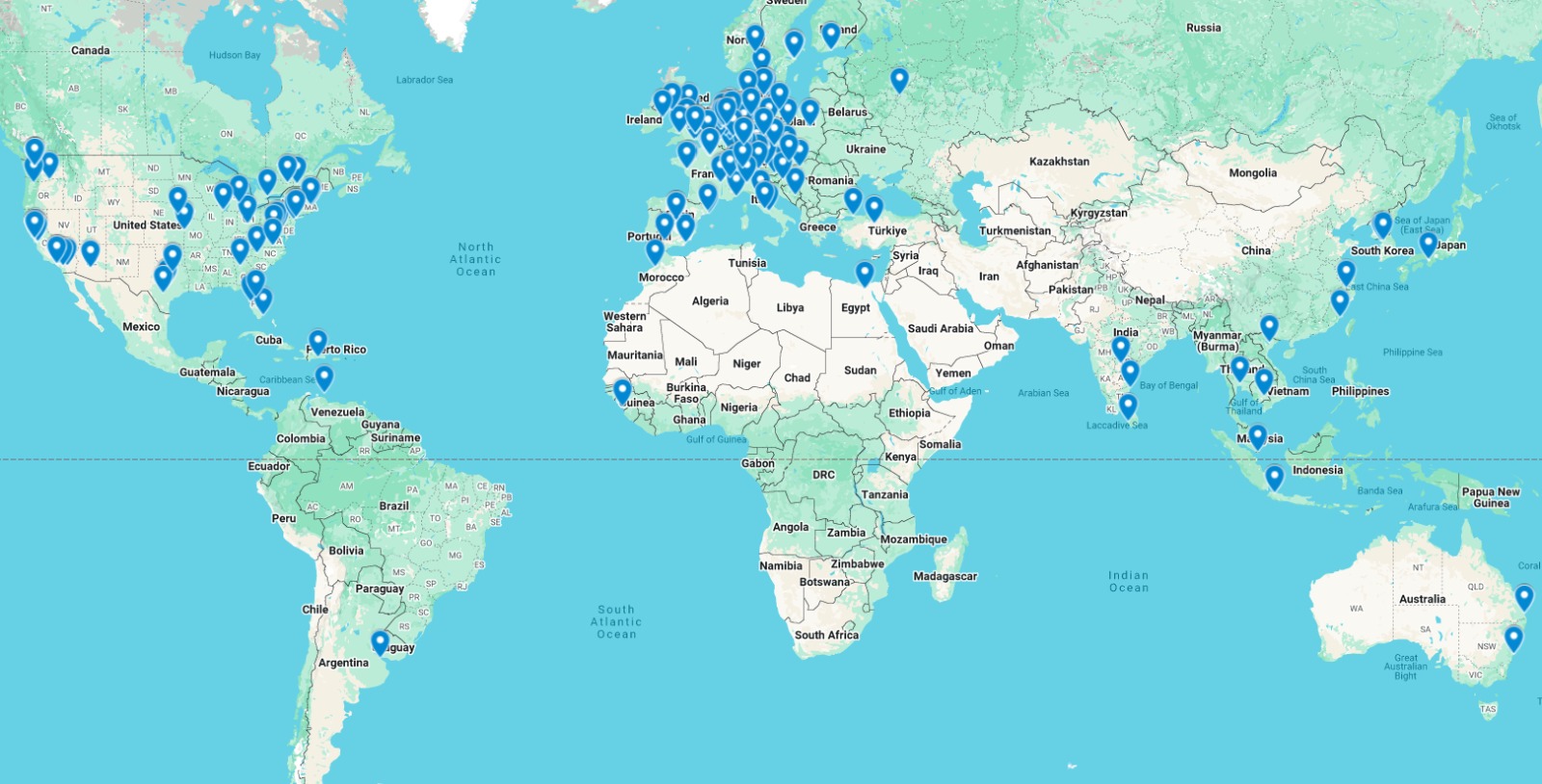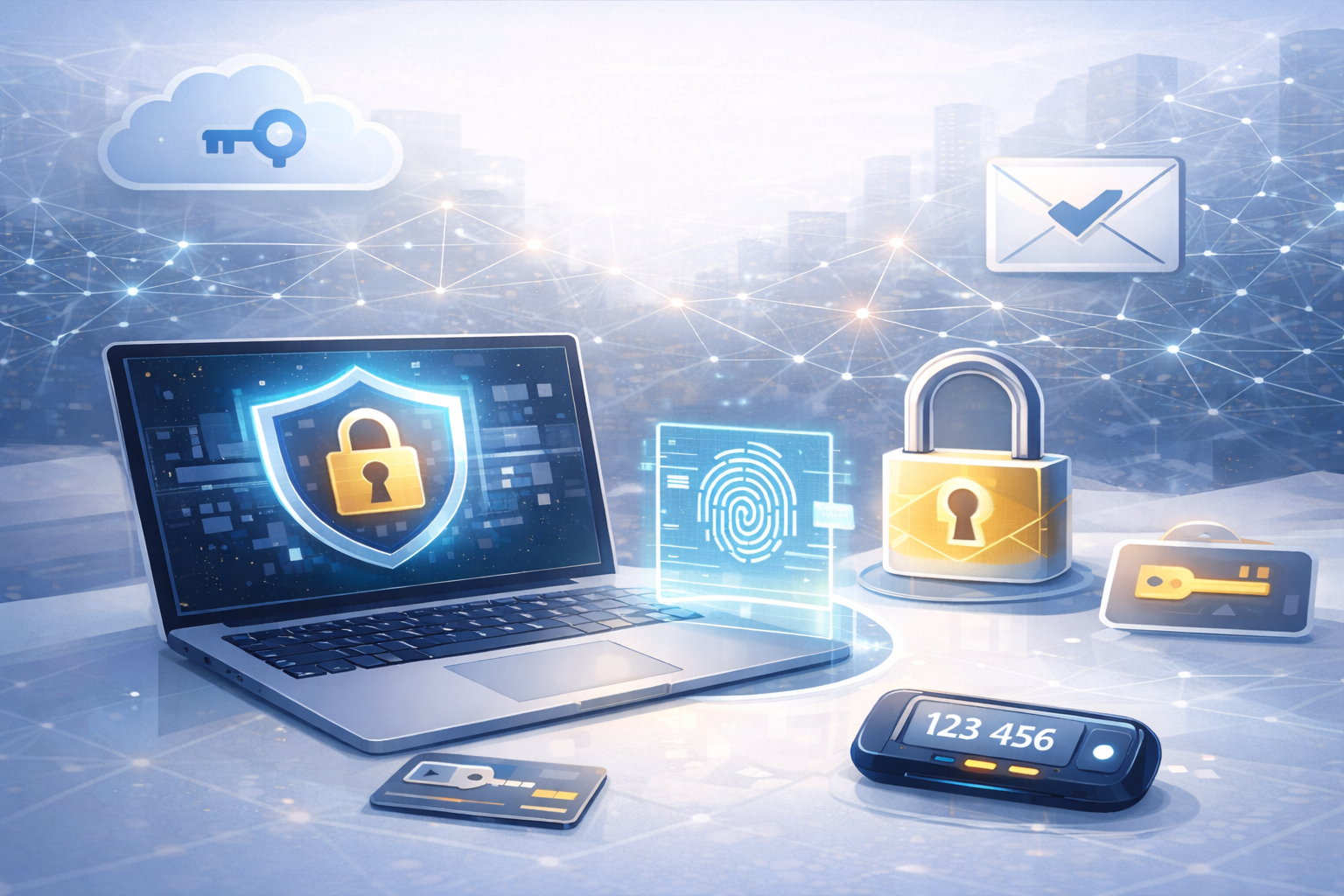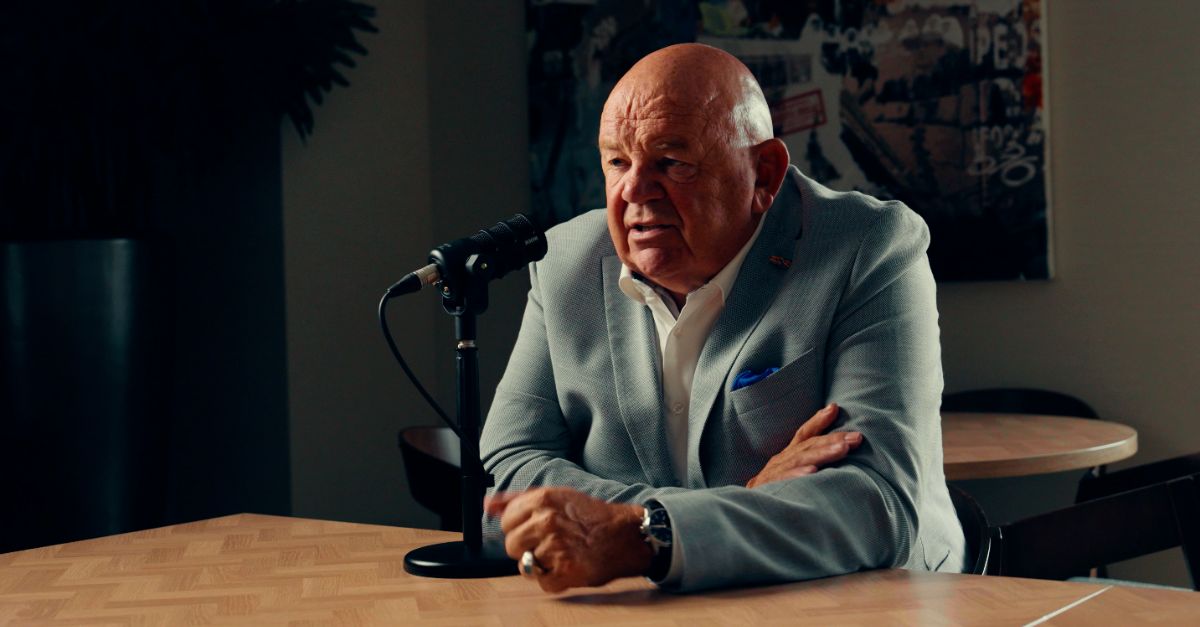
Pieter Cobelens: 'Our digital front door is open'



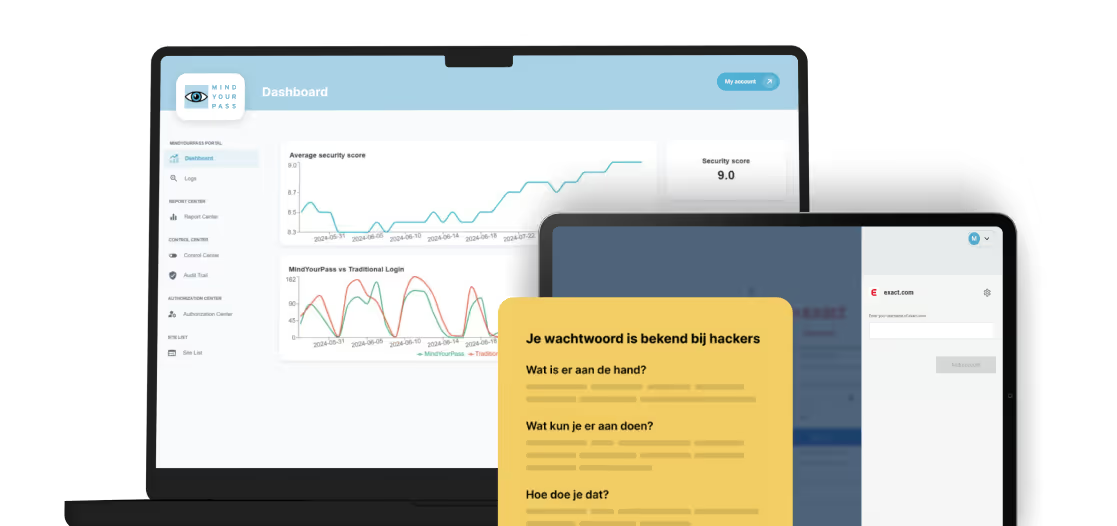
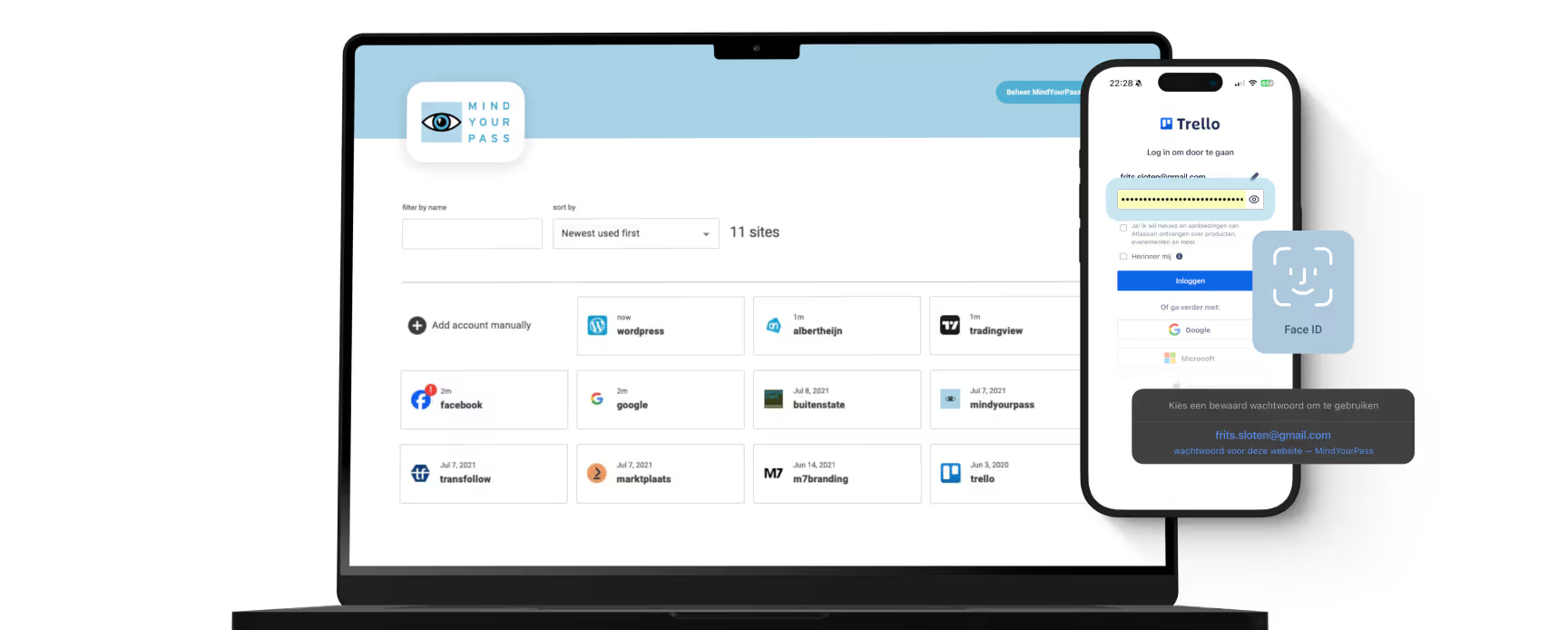
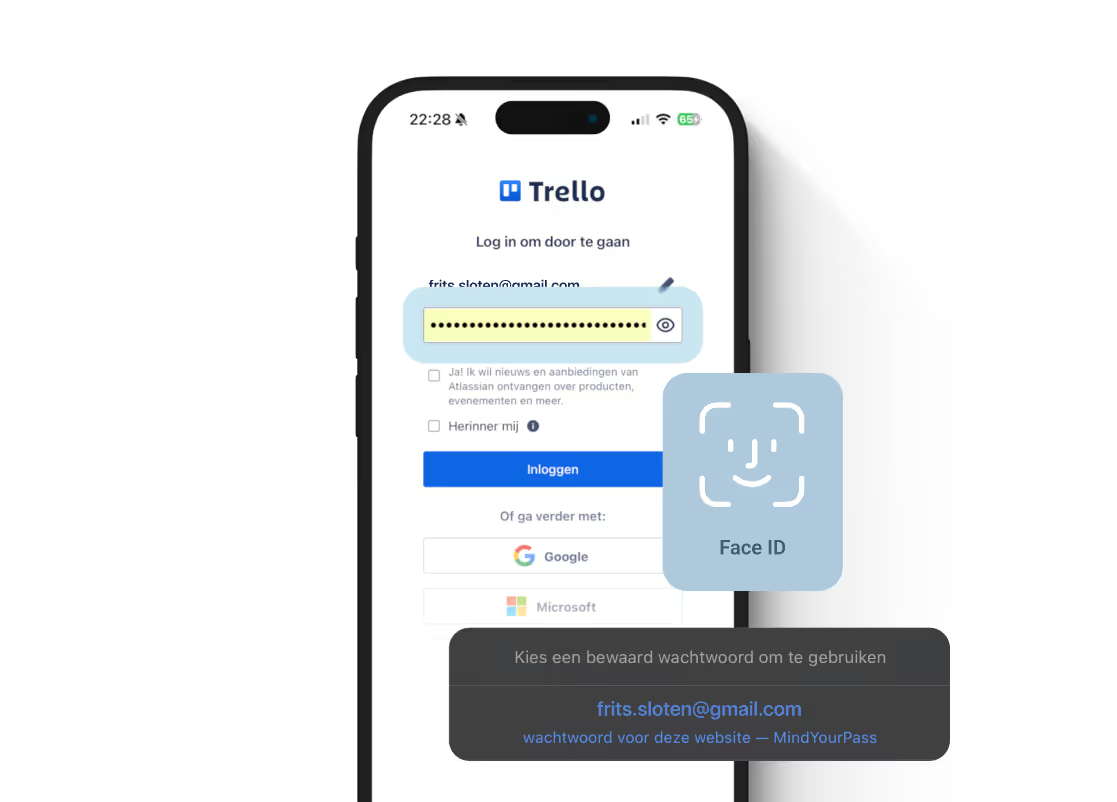



Pieter Cobelens, former director of the Military Intelligence and Security Service (MIVD), sounds the alarm: “You don't leave your front door open either, do you? So why do we do that digitally?”
Pieter started his career as an officer in the Royal Air Force and, as Director of Operations, was involved in the deployment of the Dutch armed forces in Afghanistan and Iraq, among others. From 2006 to 2011, he headed the MIVD. During that period, he increasingly faced emerging cyber threats: a development that permanently changed his view on security.
Since his retirement in 2011, Pieter has been active as a strategic advisor for government and business, with digital resilience at the forefront. In the conversation with MindYourPass, his message is clear: The Netherlands must become digitally independent, and that starts with its own cloud infrastructure, under Dutch control and jurisdiction.
A Digital Citizenship Issue
A lot of Dutch data is stored on the servers of major American tech companies. What many people don't know is that under the US Cloud Act, these companies are obliged to provide access to the US government if requested - even if the data belongs to a Dutch citizen.
“Student data, medical records, payment details... in principle, it can simply be retrieved in another country,” says Pieter. “And what if an unpredictable political leader suddenly sits there? Should you hope that your privacy is in good hands?”
The digital dependence on non-European providers makes us vulnerable. Not only legally, but also strategically. That is why Pieter has been calling for a Dutch cloud infrastructure for years: servers, encryption and legal control in his own country. It's a matter of digital citizenship: “You don't leave your keys with a complete stranger either, do you? So why at a tech company on the other side of the world?”
The need for a hybrid model
So a national cloud is not a luxury: it's just as fundamental as a good lock on your front door. But the good news: we can do this ourselves, says Pieter. The Netherlands is among the most advanced digital societies in the world. We have a strong infrastructure, leading tech companies and a high level of digital maturity.
What is missing is political will and coherence. “The government still works with systems that are difficult to maintain and are barely tailored to modern threats,” says Pieter. “We need a hybrid model in which public and private parties work together for digital sovereignty.”
“You don't leave your front door open either, do you? So why do we do that digitally?”
What is at stake?
It's no longer just about privacy: the risks are becoming more concrete and urgent. For example, electronic health records increasingly contain genetic information and medication data. If bad actors can manipulate that, people's lives are literally at stake.
For example, wearables and health apps that continuously broadcast live data: extremely valuable information for those who want to do something bad. Not to mention payment transactions, election information or trade secrets: without good security, they are also very vulnerable.
In addition, there is the threat of quantum technology, Pieter emphasizes. Quantum computers, once operational, will be able to crack existing security protocols in a fraction of a second. This makes it necessary not only to invest in your own cloud infrastructure, but also in post-quantum security that is prepared for this future.
What needs to be done now?
The Dutch government urgently needs to work on several national clouds, says Pieter, in which sensitive government and citizen data can be stored securely, on servers within our national borders, under its own jurisdiction. In addition, cooperation with Dutch encryption and cybersecurity companies is essential to increase technological strength.
“Student data, medical records, payment details... in principle, it can simply be retrieved in another country.”
The following applies to companies and institutions: make conscious choices. Opt for Dutch storage services, actively ask where and under what law your data is stored, and embed digital security not as a checkpoint, but as a structural part of your business strategy.
A digital lock on the door
No one would leave their home unsecured. However, we still do that digitally too often: we reuse simple passwords, thoughtlessly click on unsafe links, and entrust our most sensitive data to foreign cloud providers. In a world where digital threats are increasing and technological dependency is growing, that is no longer an option.
Get in touch with us.
Let MindYourPass make your organization safe.

Log in securely with ease.
At home and at work.
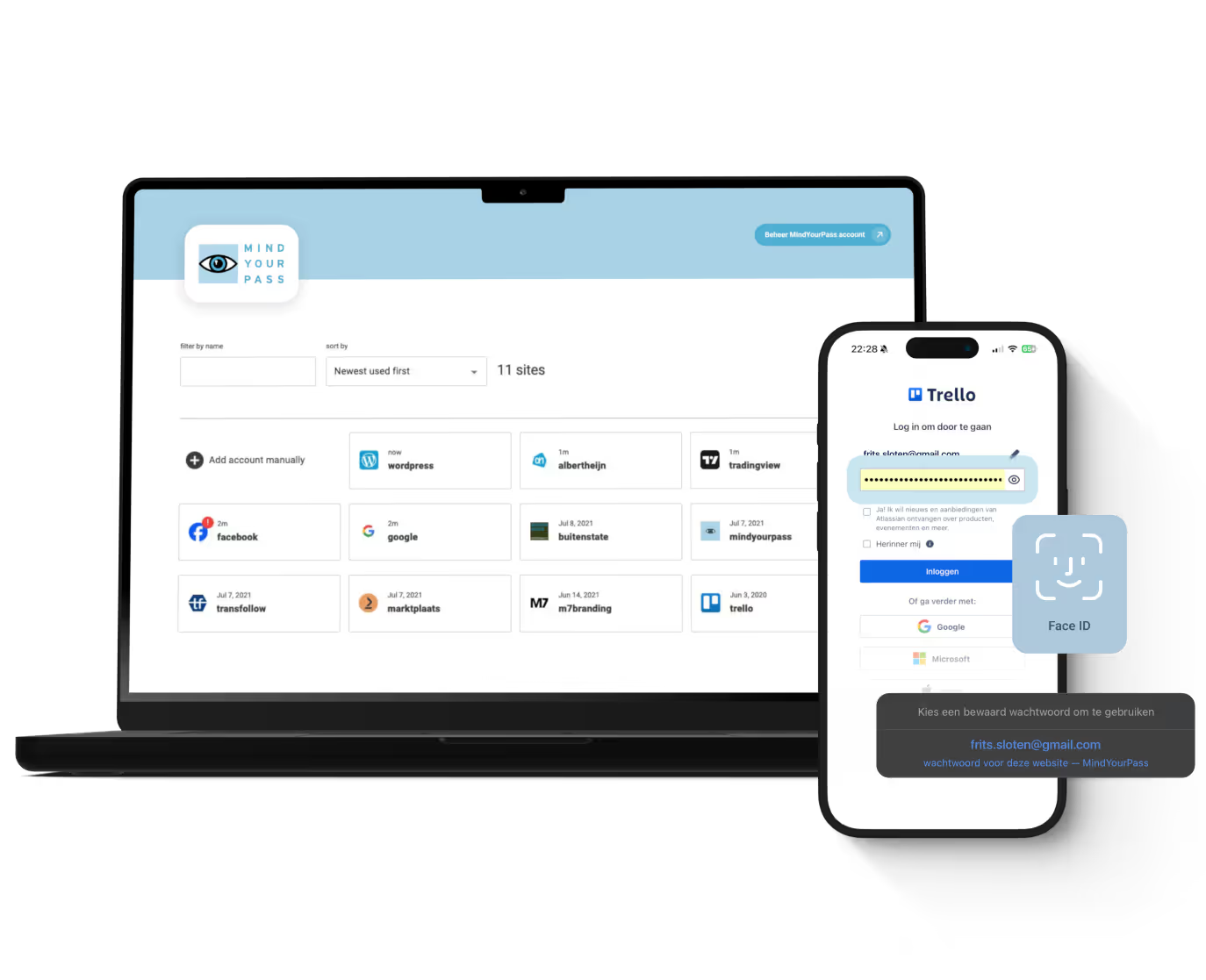

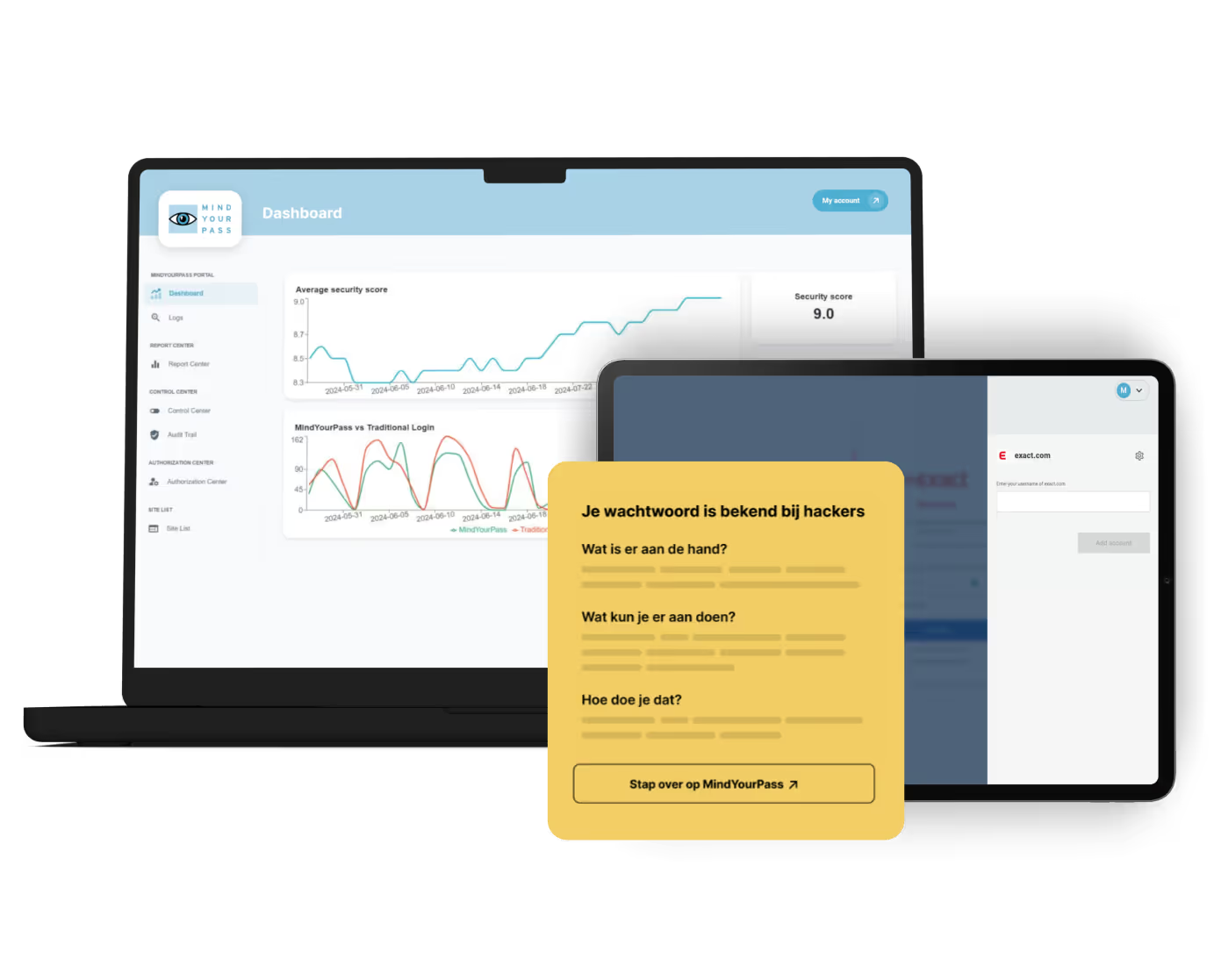


Triple-i™ improvement method
De kluisloze wachtwoordmanager van MindYourPass
Met de wachtwoordmanager van MindYourPass maak je eenvoudig al je wachtwoorden ijzersterk en uniek. De wachtwoordmanager beheert jouw wachtwoorden, waarmee jij dagelijks kunt inloggen op al je accounts. Zonder dat jij je wachtwoorden hoeft in te typen. Dat doet MindYourPass voor je.





